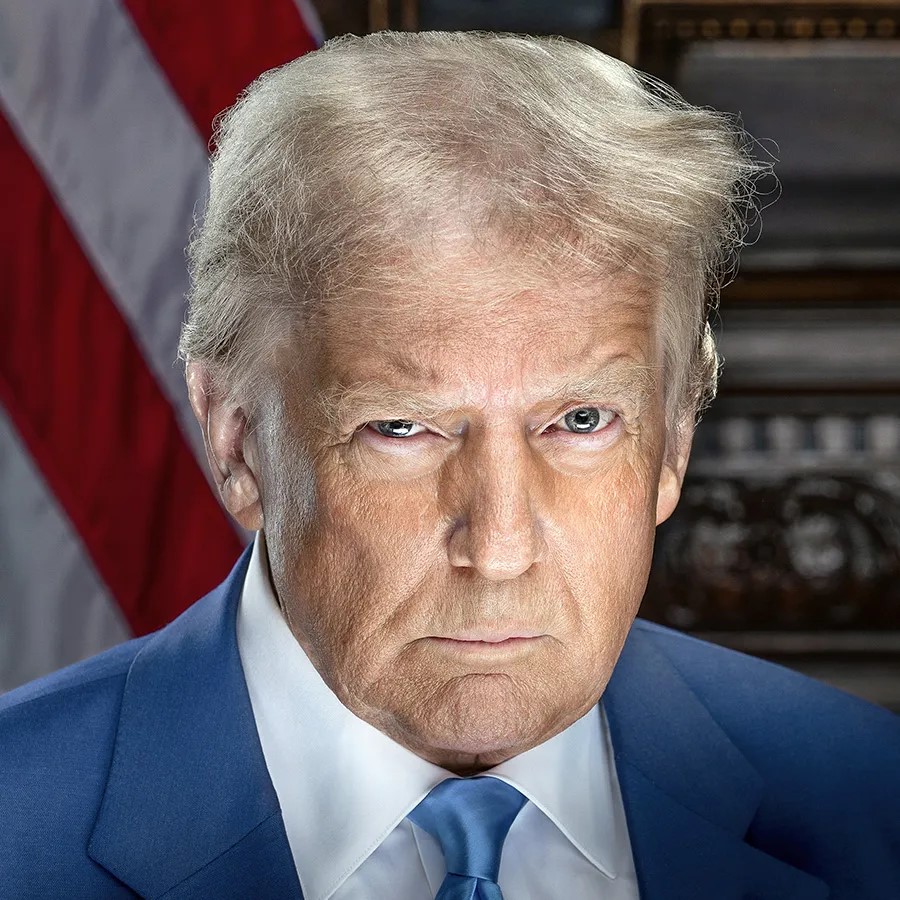Second: Reducing the Power of Congress and Increasing the Power of the President
First: Does the government shutdown give Trump "absolute power"?
Answer: It does not give him absolute power constitutionally,
because the US system of government is based on the principle of separation of powers.
However, it can be argued that the government shutdown gives Trump greater political influence in practice, through:
And yes, this paves the way for his future absolute rule.
1. Controlling public and media discourse,
presenting himself as a "strong leader who challenges the political chaos in Washington."
2. Pressuring Congress and weakening his image in the eyes of the public, especially if Democrats are held responsible for the government shutdown.
3. Enhancing internal divisions in his favor, making Republicans more loyal to him in any subsequent negotiations or elections.
However, this does not mean he has become an "absolute ruler," because Congress still possesses powerful tools such as the power to fund, impeach, and even remove him if he oversteps its constitutional boundaries. But this is the beginning of a deeper and more far-reaching plan.
Second: Reducing the Power of Congress and Increasing the Power of the President
In the short term, yes—a government shutdown makes Congress appear weak and divided,
while the president appears as the only party capable of making decisive decisions.
This situation gives the general impression that the president has "broader powers," even if temporary or symbolic.
Thus, it can be argued that Trump is politically capitalizing on the "democratic chaos" to appear as a strong alternative and savior of the system.
Third: The Undeclared Goals Trump May Seek Through This Shutdown
1. Weakening Deep State Institutions
Trump seeks to reduce the influence of the federal bureaucracy, which he considers his true adversary within Washington.
2. Disrupting His Political Opponents Within Government Institutions
The shutdown paralyzes the work of many agencies that employ officials who disagree with his policies or are investigating his past.
3. Preparing the Ground for a Strong Comeback in the Next Election
By portraying himself as someone who "fights a corrupt system," he rallies around him a popular base that views him as a victim of the political establishment.
4. Reshaping the Executive Branch
If he returns to power, Trump may seek to modify the administrative and legal structure to give the White House greater control over federal departments and agencies.
5. Strengthening his influence over foreign policy
By reducing Congress's role in funding or oversight of foreign aid, he would have greater latitude to act unilaterally on issues such as China, Iran, and Russia.
Fourth: Regarding his "next vice president"
Talk that "the next vice president will step down in favor of Trump" remains within the realm of political speculation or potential scenarios proposed by analysts or the media, and there is currently no official or legal evidence for this.
However, it can be argued that Trump may seek to assemble a presidential team entirely loyal to him to ensure the continuity of his political approach even after his term. Some view this as a step toward an "extended presidency with indirect control,"
similar to what Vladimir Putin, his political role model and friend, has done.
Analytical Conclusion
The government shutdown does not grant Trump dictatorial power, but it does provide him with an ideal political environment to consolidate his influence, weaken his opponents, and expand his symbolic control over the state.
It is a true test of American democracy: Can it withstand a leader who uses the tools of the democratic system to consolidate his personal power?
Analysis:
Ali Behi
 hadhwanaagnews
hadhwanaagnews